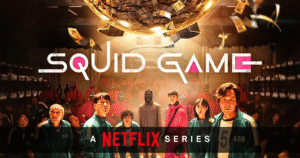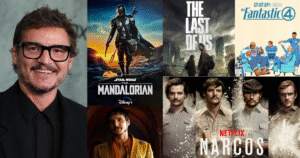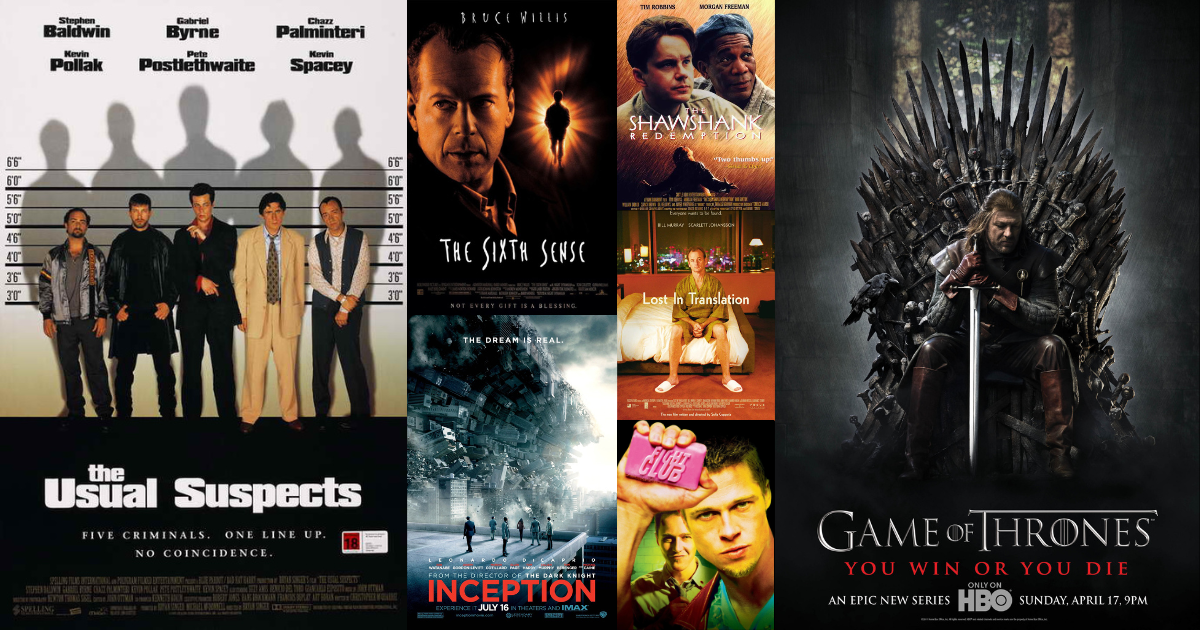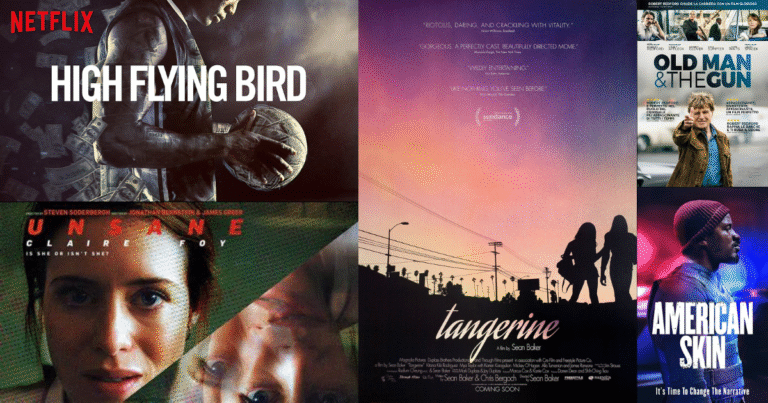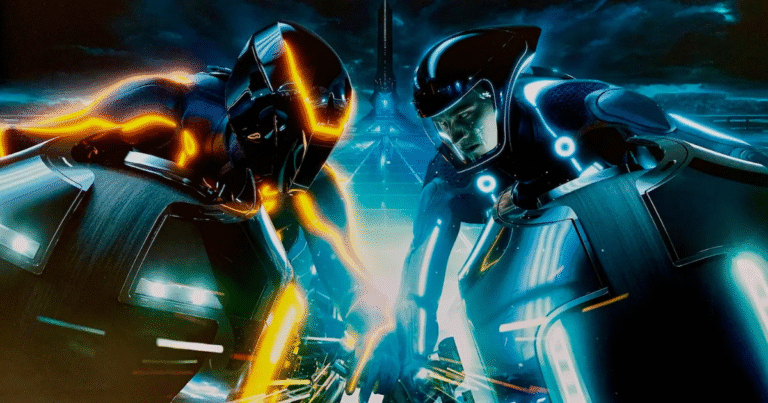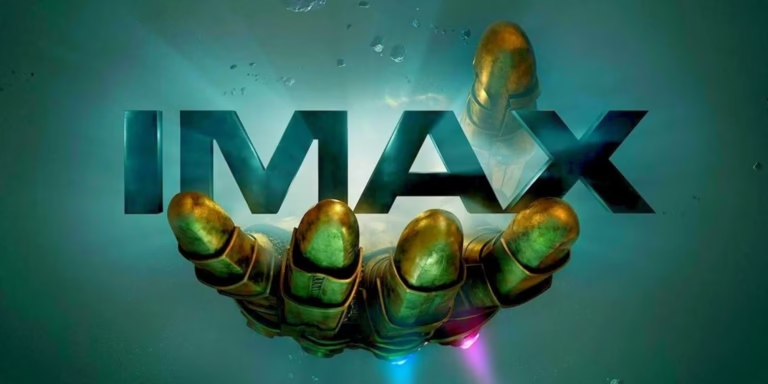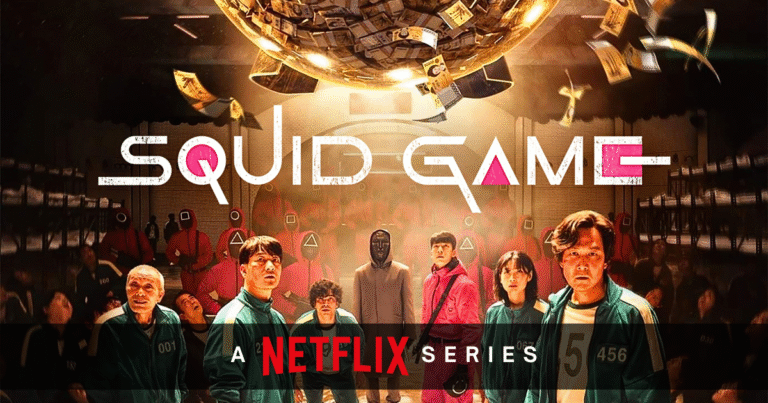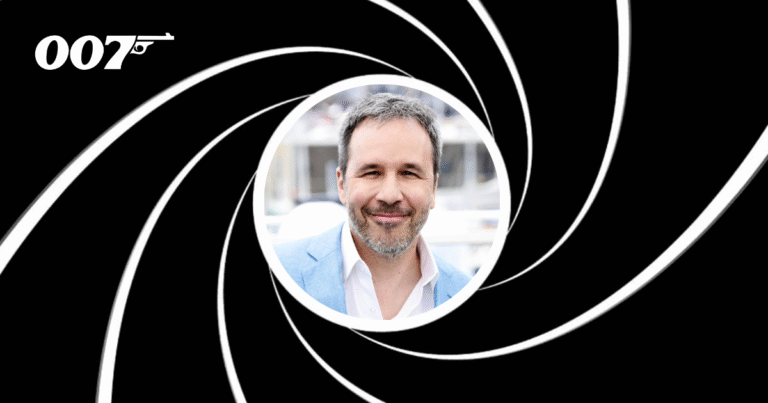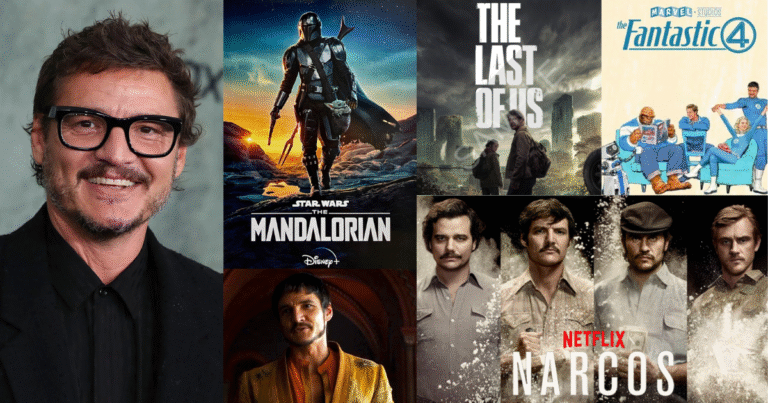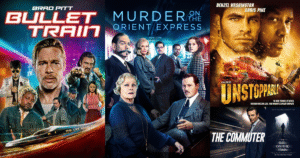There’s nothing quite like settling into your seat with popcorn in hand, ready for a good movie. You get pulled into the story, connect with the characters, and for two hours, you’re totally immersed. But then, it ends. And depending on how it ends, that movie can either stay with you forever or fade into disappointment.
The truth is, movie endings are powerful. They shape how we remember a film. Sometimes they can elevate an average story into something unforgettable. Other times, they can ruin what was shaping up to be a great movie. Let’s dive into why the last few minutes of a film are often the most important.
First Impressions Last, But So Do Final Ones
We often talk about how important first impressions are. But in film, it’s the last impression that lingers. A strong ending gives you closure. It brings the narrative full circle. It gives meaning to everything you just watched.
Think about movies like The Sixth Sense or Inception. Those final moments don’t just wrap up the story, they redefine it. You walk out of the theater talking about the ending, and maybe even watching the whole movie again with new eyes.
When a Movie Ending Goes Wrong
Now think about the opposite. Have you ever watched a film that had you hooked, only to crash in the last five minutes? Maybe the plot took a strange turn. Maybe the ending felt rushed. Or maybe it just didn’t answer the questions the story raised. Whatever the reason, it left a bad taste in your mouth.
Take Game of Thrones (yes, we know it’s a series, not a movie, but the principle still applies). After years of character development and epic storytelling, fans were left disappointed by the final episodes. It’s a classic example of how a weak ending can overshadow everything that came before it.
Why Filmmakers Struggle with Endings
Writing a satisfying ending isn’t easy. You have to balance surprise with logic. You want the audience to feel something, shock, joy, sadness, but it also needs to make sense. A twist ending that comes out of nowhere can feel cheap. An ending that’s too predictable might fall flat.
Then there’s the pressure. After investing months or even years into making a film, filmmakers want to leave a lasting impact. But sometimes, they overthink it. Or they try to please everyone. Or they simply run out of steam. The result? Endings that miss the mark.
The Different Types of Movie Endings
Let’s break down some common types of movie endings and how they affect the audience:
1. The Twist Ending
These are the endings that make you go, “Wait, what?!” Done right, they can be brilliant (Fight Club or The Usual Suspects). But if they don’t fit the story, they can feel like a gimmick.
2. The Open-Ended Conclusion
Some films leave you with questions. They don’t wrap everything up neatly (Lost in Translation or No Country for Old Men). These can be satisfying if they make you think, but frustrating if they feel incomplete.
3. The Happily-Ever-After
We all love a happy ending sometimes. These are feel-good films that tie everything up with a bow. Romantic comedies often go this route. When done well, they’re comforting. When done poorly, they feel unrealistic.
4. The Tragic Ending
Not every story has to end on a high note. Sometimes, a tragic ending is the most powerful choice (Requiem for a Dream or Manchester by the Sea). These stay with you because they feel real.
5. The Redemptive Arc
This type of ending shows growth. A character overcomes their flaws, makes a tough choice, or finds peace (The Shawshank Redemption is a perfect example). These endings often feel the most satisfying because they’re earned.
The Role of the Audience
Here’s the interesting thing, how we feel about an ending also depends on us. Our expectations, our mood, our personal experiences, all of these shape our reaction.
A film might end in a way that feels perfect to one person and completely wrong to another. That’s part of the magic of movies. They’re not just stories, they’re emotional experiences.
When the Ending Changes Everything
There are films where the entire story hinges on the ending. Until that final moment, you’re not even sure what kind of movie you’re watching.
Take Parasite, for example. The last act flips the tone of the entire film, and suddenly it’s not just a social commentary, it’s a tragedy. Or look at La La Land, where the ending rewrites the love story and turns it into something far more bittersweet and real.
In these cases, the ending isn’t just the conclusion, it’s the point.
Lessons for Filmmakers and Screenwriters
If you’re a filmmaker or a screenwriter, never underestimate the power of your final scene. It doesn’t have to be flashy. It doesn’t need a big twist. But it does need to feel right.
The best endings feel inevitable, not predictable, but earned. They match the tone of the film. They stay true to the characters. And they give the audience something to think about, long after the credits roll.
If you’re writing a story, always ask yourself: What do I want people to feel when this is over? That question can guide you toward a better, stronger ending.
In Conclusion
A movie can have great acting, stunning visuals, and an exciting plot, but if it fumbles the ending, audiences will walk away disappointed. On the flip side, even a simple story can become unforgettable with the right final touch.
So next time you watch a movie, pay close attention to how it ends. That final scene? It might just be the reason you love, or hate, the whole thing.
